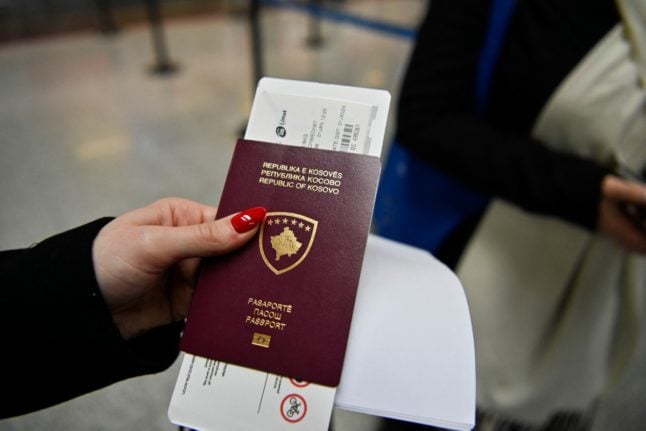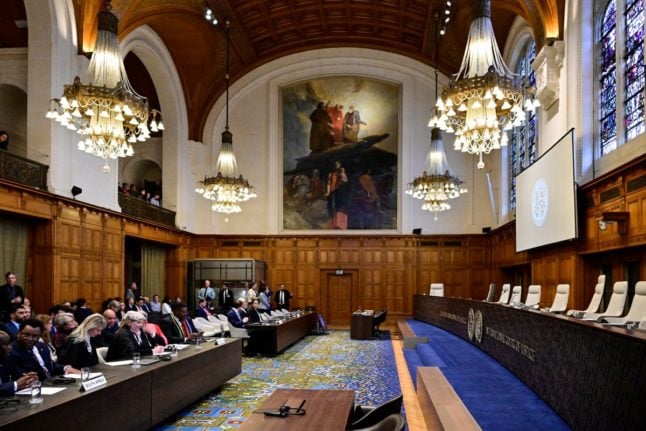Madrid recognised the passports after a long-awaited European Union visa liberalisation scheme came into force on January 1, allowing Kosovar citizens to travel within Europe’s borderless zone without a visa.
The new regime enables Kosovars into the Schengen zone visa-free for periods of up to 90 days in any 180-day period.
Until now, Spain was the only EU member refusing to recognise Kosovo’s independence that also refused entry to Kosovo passport holders even if they had obtained a Schengen visa.
“Spain still does not recognise the sovereignty or independence of Kosovo because we do not recognise unilateral declarations of independence,” Albares told reporters.
The Spanish government has long grappled with its own independence movements in Catalonia and the Basque Country.
Spain is one of five EU countries that do not recognise the Balkan state, which declared independence from Serbia in 2008. The others are Cyprus, Greece, Romania and Slovakia.
Kosovo’s Deputy Prime Minister Besnik Bislimi on Saturday welcomed Madrid’s recognition of Kosovo’s passports, writing on Facebook that “the good news continues for our citizens and our country”.
Kosovo, which has a population of around 1.8 million people, was the last of the six countries in the Western Balkans to receive the visa waiver.
Previously, Kosovar citizens had been allowed to visit just 14 countries worldwide without a visa.
The EU move is perceived in Pristina as another step toward full recognition and a boost for its ambitions of joining the European Union.



 Please whitelist us to continue reading.
Please whitelist us to continue reading.
Member comments